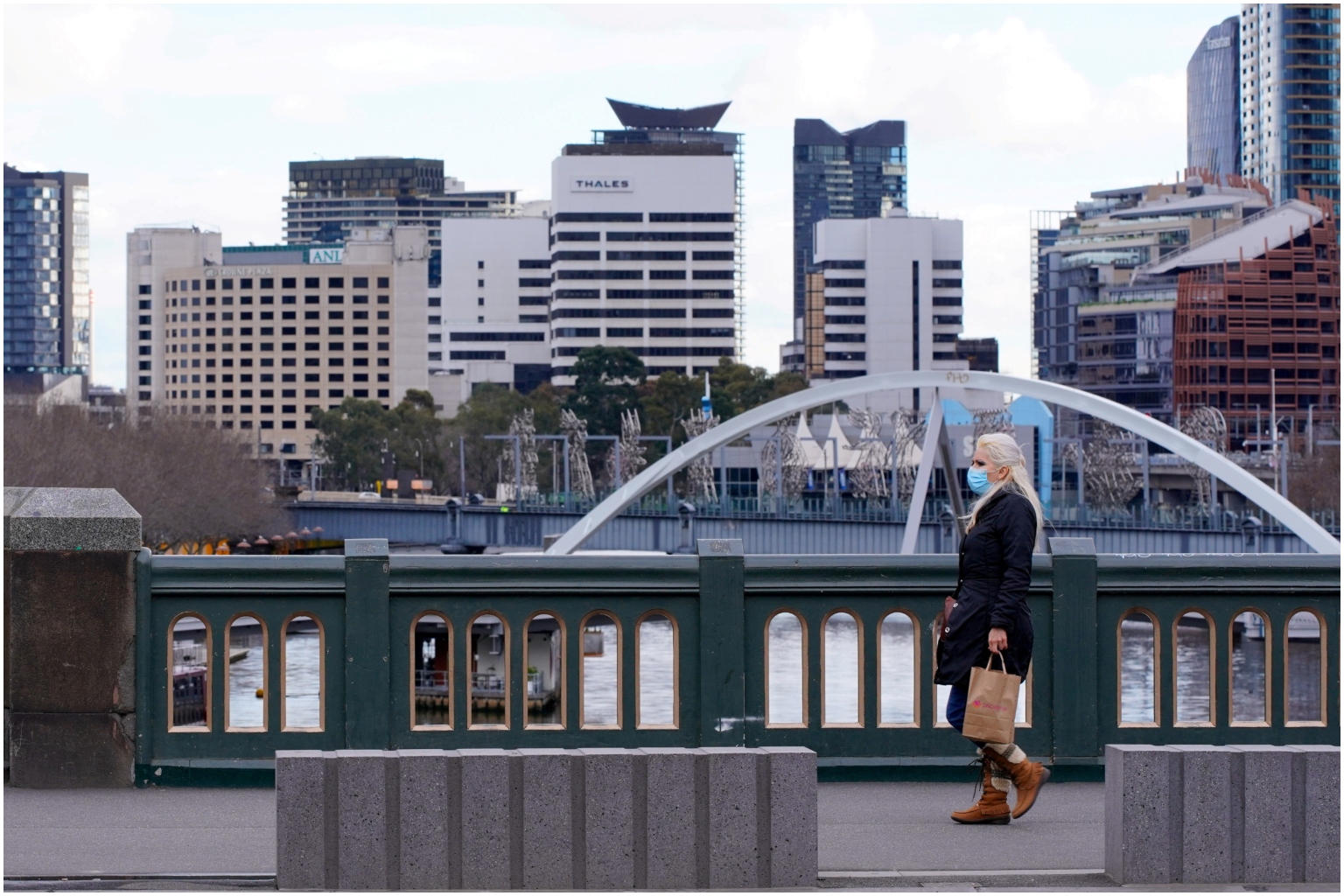Australia's expanded paid parental leave draws fire from women
Sign up now: Get ST's newsletters delivered to your inbox

Critics say the plan is regressive and may further entrench gender roles.
PHOTO: REUTERS
Follow topic:
CANBERRA (BLOOMBERG) - The Australian government's expanded paid parental leave, designed to appeal to households ahead of a May election, is regressive and may further entrench gender roles, academics, economists and executives say.
The centre-right government unveiled a package in Tuesday's (March 29) budget that earmarked A$2.1 billion (S$2.14 billion) to boost women's safety and economic security.
It also included amendments to existing paid parental leave, giving eligible working age parents up to 20 weeks of entitlements between them. The problem is it failed to mandate specific periods for mothers and fathers.
"There is a retrograde step here," said Prof Leonora Risse, an economics professor at RMIT University. "As soon as you say 'it's your choice,' research shows that households will default back to traditional gender norms."
Australia already trails developed-world peers in a number of areas of paid parental leave. Its total of 20 weeks falls well below an OECD average of 53 weeks for mothers and eight weeks for fathers and Australia's spending on the programme is also lower than many counterparts.
Prof Risse cited the example of Denmark, where in 2002 the government made a similar move, replacing a two-week fathers' quota with 32 weeks for parents.
"All that happened was that women started taking more leave, and it didn't change any behaviour amongst fathers," said Prof Risse, who is also a research fellow with the Women and Public Policy Programme at Harvard University.
With an election due by May 21, and the ruling coalition trailing in opinion polls, gender diversity has become a major political divide.
A survey last month showed 28 per cent of those polled were less likely to vote for Prime Minister Scott Morrison's government due to its handling of efforts to ensure women's safety.
Australia's political leaders, led by Mr Morrison, issued a public apology last month for "exploitation, abuse, bullying and harassment" nearly 12 months after allegations of rape in the Parliament in Canberra were made public.
Academics and executives said Tuesday's budget also stopped short of making structural changes that increase women's labour force participation, incomes and retirement balances.
"Our superannuation system has a persisting gender blind spot that sees women retire with almost a third less superannuation than their male counterparts," said Ms Debby Blakey, chief executive officer of Health Employees Superannuation Trust Australia (Hesta) which has A$68 billion under management.
About 80 per cent of Hesta members are women, and "those who raise children continue to pay an unfair financial penalty through inadequate super balances, leaving too many vulnerable to poverty as they age."
Ms Blakey said reforms needed for gender parity included paying pensions on paid parental leave and introducing a superannuation carer credit for new parents to help get their pension fund balances back on track.
Ms Deanne Stewart, CEO of Aware Super, which manages A$125 billion of retirement funds, described the budget as a missed opportunity for measures that would practically empower women to become more active participants in the post-Covid labour market.
"A short-term cash splash is no substitute for meaningful long-term reform," she said. "Giving families 'greater flexibility and choice' needs policies that genuinely enable women to succeed at work, and to grow at work."

